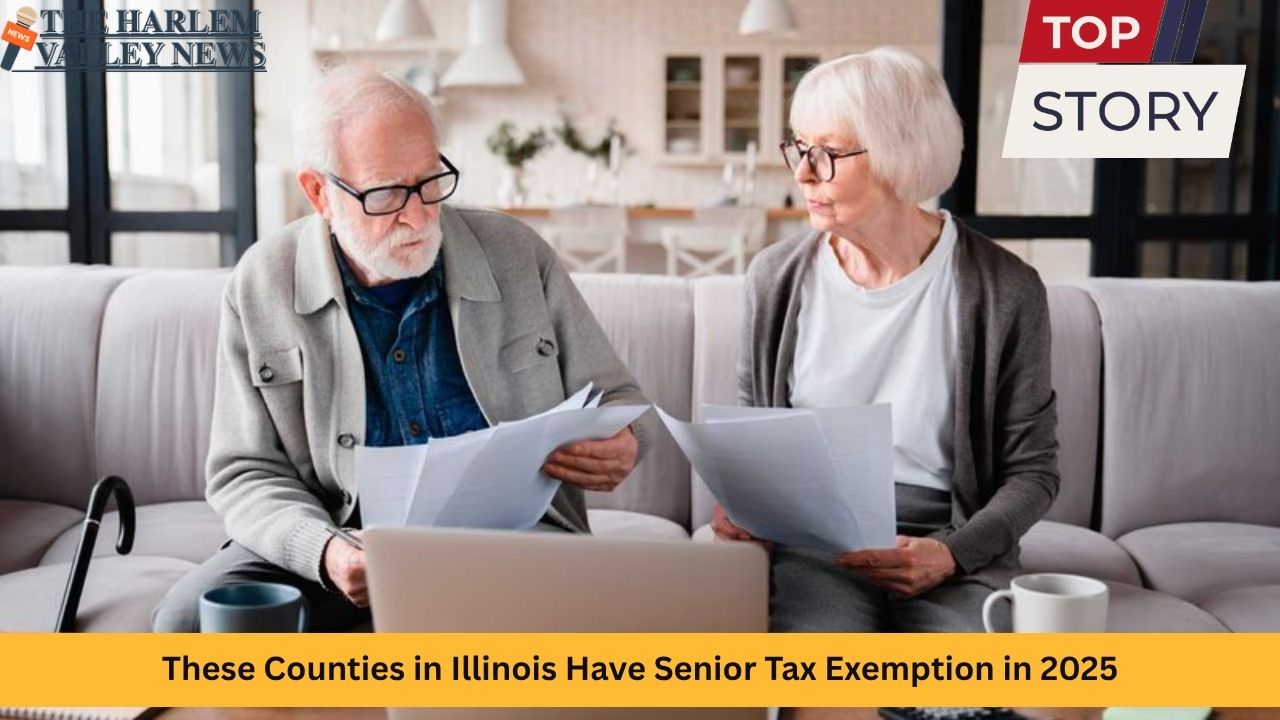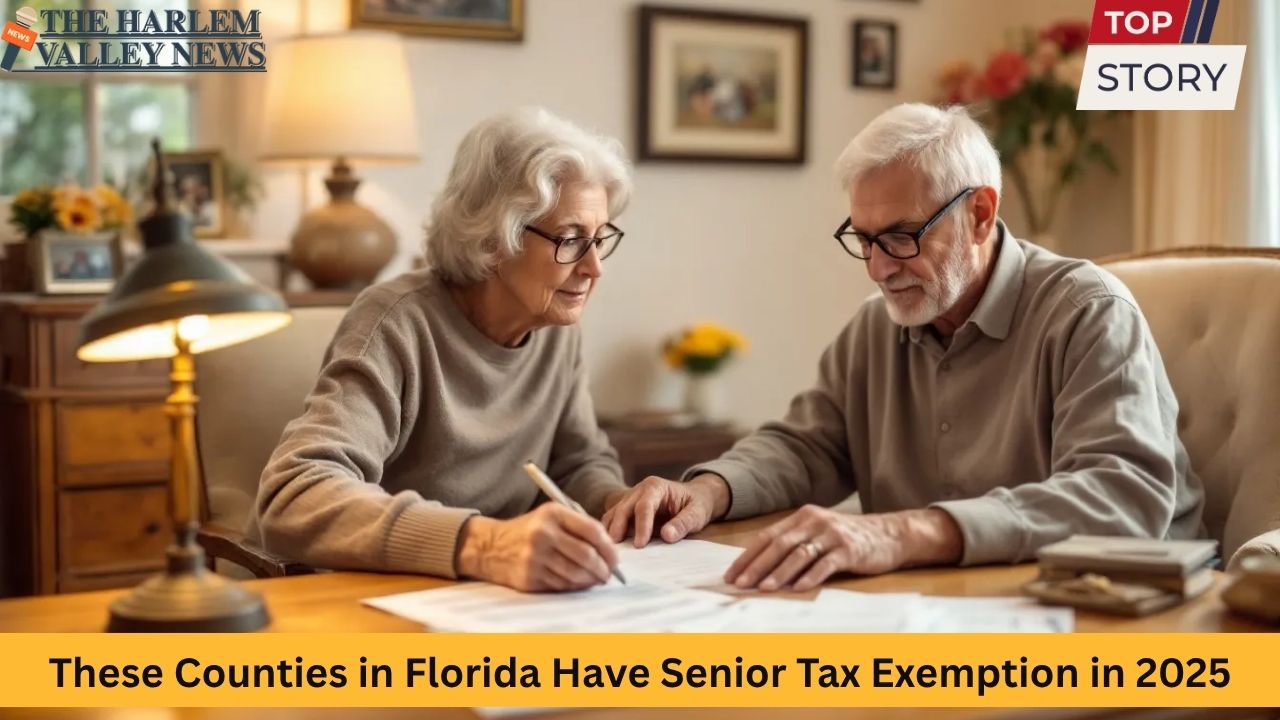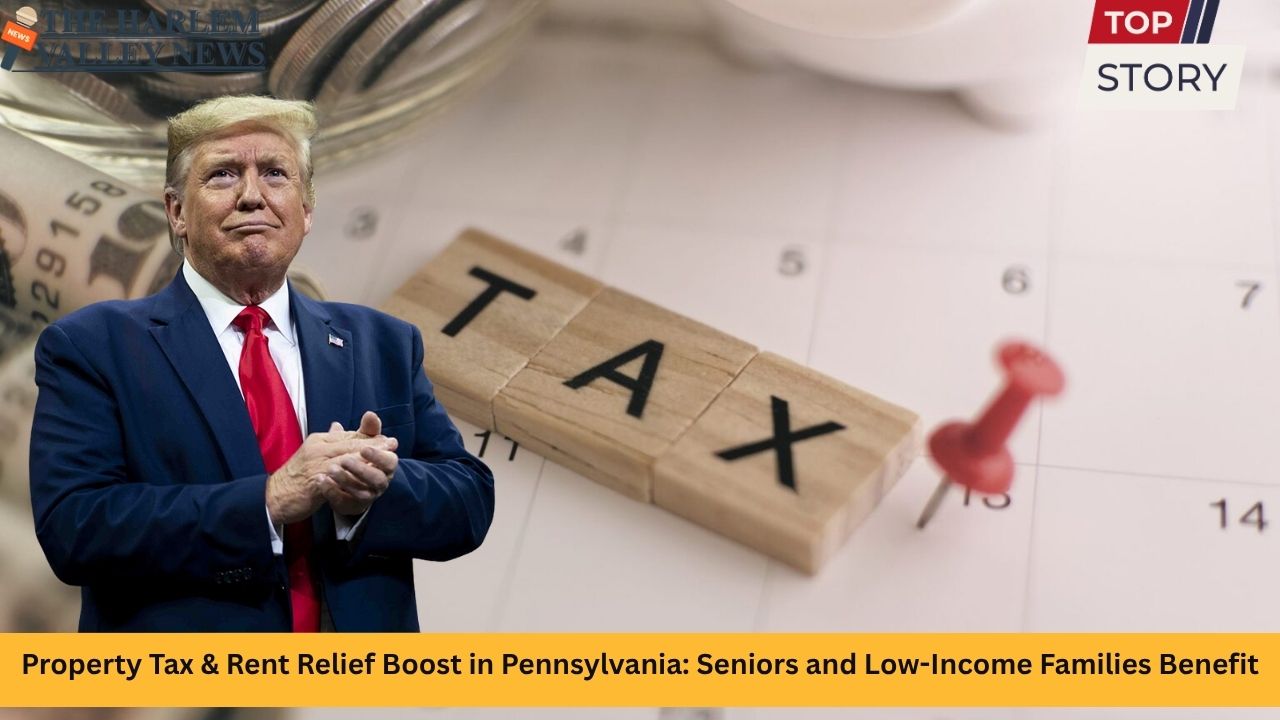Navigating the property tax system can be daunting—especially for seniors living on fixed incomes. Fortunately, Illinois offers a range of property tax exemptions and relief programs specifically for homeowners aged 65 and older. These programs help reduce the financial burden on older residents and make it easier to age in place. In 2025, numerous counties across Illinois, including both urban centers and rural communities, provide seniors with meaningful tax exemptions. This comprehensive guide dives into how these exemptions work, where they are available, their eligibility requirements, and how to apply—spotlighting city examples and sharing noteworthy facts and figures along the way.
Understanding Senior Tax Exemptions in Illinois
Illinois hosts a collection of senior property tax relief measures. The main types are:
-
Senior Citizens Homestead Exemption: Reduces the assessed value of a senior’s primary residence.
-
Senior Citizens Assessment Freeze Exemption: Also called the “Senior Freeze,” this locks in the property’s assessed value, protecting seniors from assessment increases.
-
Senior Citizens Real Estate Tax Deferral Program: Functions as an income-restricted loan program, allowing eligible seniors to defer payment of property taxes.
These programs are available in nearly every Illinois county, with some particulars differing by locality.
Requirements for Senior Property Tax Exemptions
Across the state, several baseline criteria must typically be met for seniors to qualify:
-
Age: Applicants must be at least 65 years old during the relevant assessment year.
-
Ownership: The applicant must own the property, either fully or in part.
-
Residency: The property must be the applicant’s principal residence.
-
Income Limits: Some programs require total household incomes not to exceed a set threshold, such as $65,000 for the Assessment Freeze in most counties and $75,000 in select places.
The Senior Citizens Homestead Exemption
How It Works
This exemption reduces the taxable value of an eligible senior’s primary residence, lowering annual property tax bills. In many Illinois counties, including Cook, DuPage, Lake, Kane, and Will, the reduction is up to $8,000 off the assessed value. Elsewhere, the typical exemption has been $5,000, though new legislation is pushing to raise this base amount to $8,000 statewide beginning in 2026.
Key Features
-
Available in every Illinois county.
-
Can be claimed in addition to the standard Homestead exemption.
-
No income limit.
-
Must be renewed annually in some counties (notably Cook County), while others renew automatically.
Senior Citizens Assessment Freeze Exemption
How It Works
This program is designed for seniors with limited income, freezing the assessed value of their homes even if property values in the area rise. It does not freeze the tax rate, so bills may still fluctuate if rates change, but it offers critical protection against increases in assessed value.
Eligibility Snapshot
-
Applicants must meet a household income limit (commonly $65,000).
-
Must own and occupy the property for at least two consecutive January 1 dates prior to the application.
-
Available in every Illinois county—urban, suburban, and rural alike.
Senior Citizens Real Estate Tax Deferral Program
How It Works
This unique program grants qualified seniors the option to defer payment of all or part of their property taxes—up to $7,500 per year—on their primary residence. The deferred amount acts as a loan against the property’s equity with a small annual interest rate, to be repaid when the property is sold or transferred.
Notable Facts
-
The program is available statewide, administered by each county.
-
It is intended for seniors with household incomes below $65,000.
-
The program can defer up to 80% of a homeowner’s equity.
Counties and Cities in Illinois Offering Senior Tax Exemptions
Illinois is a patchwork of communities, each with their own implementation details for statewide exemptions. Here is a look at how these programs work in notable counties and their leading cities:
Cook County (Chicago, Evanston, Oak Park, Cicero)
-
Chicago, one of the nation’s largest cities, offers robust property tax relief for residents over 65.
-
The senior citizens homestead exemption here is the highest in the state at $8,000 reduction.
-
Evanston and Oak Park both have dedicated Assessor’s Offices ready to assist with applications and answer questions.
-
Renewal of exemptions is automatic in many cases, but seniors should still confirm their records annually.
DuPage County (Naperville, Wheaton, Elmhurst)
-
DuPage County residents can benefit from both the basic and freeze exemptions.
-
Numerous townships, such as Downers Grove and York, have local staff and online application options.
-
Naperville, one of the largest cities outside Chicago, has active programs and guidance resources for senior taxpayers.
Lake County (Waukegan, Libertyville, Gurnee)
-
Lake County is proactive, with its Senior Homestead Exemption set at $8,000.
-
Cities like Waukegan and Libertyville regularly hold seminars on senior tax relief.
-
The Lake County Treasurer’s Office runs the tax deferral program for qualifying homeowners.
Will County (Joliet, Bolingbrook, Plainfield)
-
In Will County, all main senior exemptions are available.
-
Joliet, the largest city in the county, has outreach staff for seniors applying for exemptions or deferrals.
-
Plainfield and Bolingbrook, growing suburban cities, also participate fully in all programs.
Kane County (Aurora, Elgin, Geneva)
-
Kane County’s Assessment Office processes exemption applications for residents of all municipalities, from big cities like Aurora and Elgin to smaller communities like Geneva.
-
The income limit for the Freeze exemption is $65,000, and the county assists with form preparation at dedicated offices.
McHenry County (Crystal Lake, Woodstock, Huntley)
-
McHenry County offers comprehensive senior tax relief, including the homestead, freeze, and deferral programs.
-
Huntley, a popular area for retirees, sees above-average participation in these programs.
Winnebago County (Rockford, Loves Park)
-
Rockford, one of Illinois’s largest cities outside Chicago, along with nearby communities like Loves Park and Machesney Park, administers senior exemptions through the county’s Supervisor of Assessments office.
Sangamon County (Springfield)
-
Springfield, the state capital, has widely-publicized exemption awareness campaigns.
-
The Senior Freeze is especially popular in Sangamon County due to its stable housing market.
Champaign County (Champaign, Urbana)
-
Both cities participate in all major senior tax programs offered by the state.
Peoria County (Peoria, Bartonville)
-
Exemptions here are consistently promoted by local governments, ensuring high enrollment rates among eligible seniors.
Madison County (Edwardsville, Granite City, Alton)
-
Seniors across Madison County are eligible for all state-mandated tax exemptions.
-
Edwardsville, home to many retirees, has a friendly application process and plenty of educational resources.
St. Clair County (Belleville, O’Fallon, East St. Louis)
-
Belleville and surrounding cities support all state exemptions, with extra outreach tailored for seniors.
Lee County (Dixon)
-
Small counties like Lee ensure that even rural seniors have access to the same benefits as their city-dwelling peers, with the Assessment Office guiding seniors through every step.
Comparing Exemption Amounts and Details by Region
| County | Homestead Max Reduction | Senior Freeze Available | Max Deferral Per Year | Major Cities |
|---|---|---|---|---|
| Cook | $8,000 | Yes | $7,500 | Chicago, Evanston |
| DuPage | $8,000 | Yes | $7,500 | Naperville, Wheaton |
| Lake | $8,000 | Yes | $7,500 | Waukegan, Libertyville |
| Will | $8,000 | Yes | $7,500 | Joliet, Plainfield |
| Kane | $8,000 | Yes | $7,500 | Aurora, Elgin |
| McHenry | $8,000 | Yes | $7,500 | Crystal Lake |
| Sangamon | $5,000 | Yes | $7,500 | Springfield |
| Madison | $5,000 | Yes | $7,500 | Edwardsville, Alton |
| Peoria | $5,000 | Yes | $7,500 | Peoria |
| Champaign | $5,000 | Yes | $7,500 | Champaign, Urbana |
| St. Clair | $5,000 | Yes | $7,500 | Belleville |
| Lee | $5,000 | Yes | $7,500 | Dixon |
Income and Residency Thresholds
For the Assessment Freeze and Deferral programs specifically, income limits matter:
-
The standard maximum eligible household income is $65,000, although this amount is increasing to $75,000 in some counties for the Freeze.
-
Applicants must have lived in and owned their home for a specified period (usually since January 1 of the year prior).
Facts, Stats, and Trends
-
Illinois is home to nearly 2 million residents aged 65 or older. Senior property tax exemptions see thousands of new enrollees each year.
-
Cook County alone has over 260,000 exempt senior properties, saving local seniors millions in property taxes every year.
-
Rural counties, although smaller, often see higher exemption participation per capita because of targeted outreach.
-
Recent legislation aims to standardize the exemption amount at $8,000 for all counties, ending a historic disparity that saw urban counties offer more relief than rural areas.
Application Process and Deadlines
-
For most programs, applications are due early in the year, usually by March 1.
-
Documentation proving age, ownership, and residency is necessary.
-
Applications may be made online, by mail, or in person in many counties.
-
Automatic renewal is increasingly common, especially for the basic homestead exemption.
Tips for Seniors and Families
-
Stay updated: Local assessor websites and city offices regularly update program details and deadlines.
-
Seek help: Many counties, such as Lake, DuPage, and Cook, have staff or hotlines dedicated to helping seniors navigate applications.
-
Review each year: Even with automatic renewal, verify your exemption status to avoid missing out on savings.
-
Stack benefits: Apply for both the Homestead and Assessment Freeze exemptions if eligible; they can be combined for greater savings.
-
Consider the Deferral program: If overcoming annual tax bills is difficult, explore the real estate tax deferral as a last-resort solution.
Unique Insights from Across Illinois
Chicago
The city’s large senior population benefits greatly from the $8,000 homestead exemption. With high property values, this can mean savings in the hundreds or even thousands of dollars annually for Southside, Northside, and Westside homeowners alike.
Springfield
As the capital, Springfield sees high awareness and utilization of senior exemptions, with public seminars and mailers alerting seniors to renew or apply for benefits.
Aurora and Joliet
Aurora, Illinois’s second largest city, and Joliet both run annual outreach campaigns, ensuring that nobody who qualifies misses out. Online applications have made access easier than ever before.
Rural Counties
Counties like Lee and Whiteside offer strong support for seniors, with personal phone assistance and, sometimes, home visits for those unable to come to the Assessor’s Office.
Legislative Trends Affecting Senior Tax Exemptions
-
Proposals in 2025 suggest lifting all counties’ senior homestead exemption to $8,000—thereby unifying property tax relief policy and increasing potential savings for rural and downstate seniors.
-
The income cap for the Freeze exemption may soon rise, reflecting increased cost of living and ensuring that more seniors qualify.
Final Thoughts
The landscape of Illinois’s senior tax exemptions is broad and growing more inclusive every year. Seniors—and their families—in counties from Cook to Madison, DuPage to Peoria, and beyond have a variety of relief programs within reach. With local offices ready to assist and state law trending toward greater equity in exemption values, Illinois stands as a model for senior tax relief. Seniors across cities such as Chicago, Rockford, Springfield, Naperville, and even in smaller towns like Dixon and Libertyville can maintain their financial footing and enjoy well-earned peace of mind in retirement by leveraging these robust programs.
For any senior or family member reading, consider contacting your County Assessor’s Office, reviewing your property tax bill for exemptions, and ensuring you’re receiving every benefit you qualify for. Illinois’s commitment to its senior community continues to grow—and its counties are at the heart of making tax relief a reality for all.












Leave a Reply